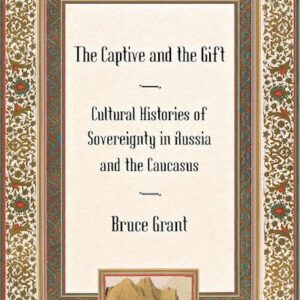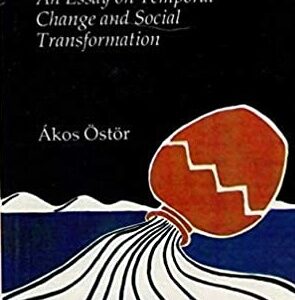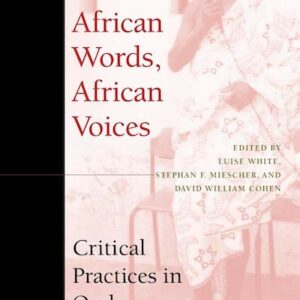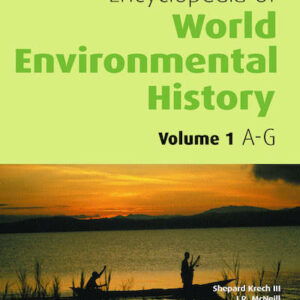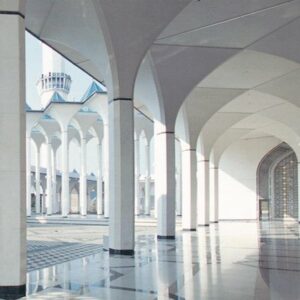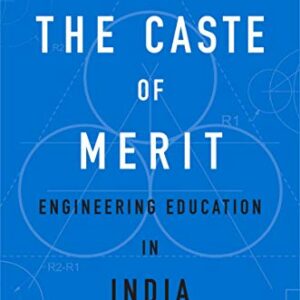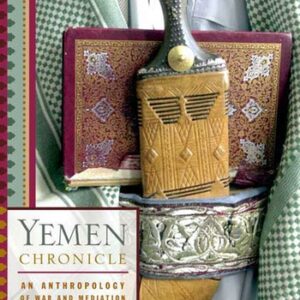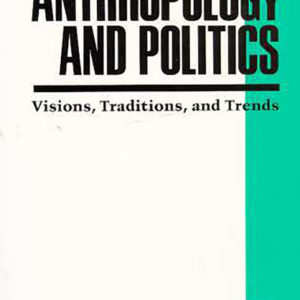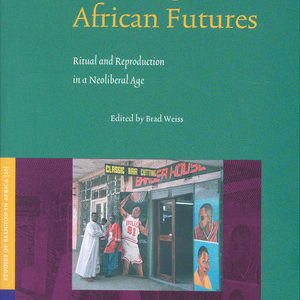
Producing African Futures: Ritual and Reproduction in a Neoliberal Age
Edited by Brad Weiss (NHC Fellow, 2003–04) The cumulative implications for Africans of the neoliberal processes (market speculation, shifts in sites of production, new modes of consumption, redefinition of the relation between states and their citizenry) cannot be reduced to single parameters. Three themes are central: the neoliberal production of personhood, the crises of youth … Continued
